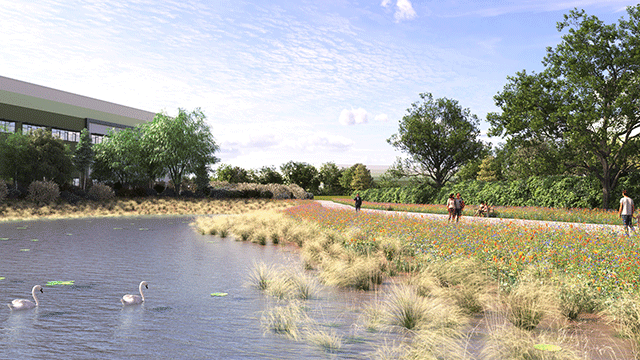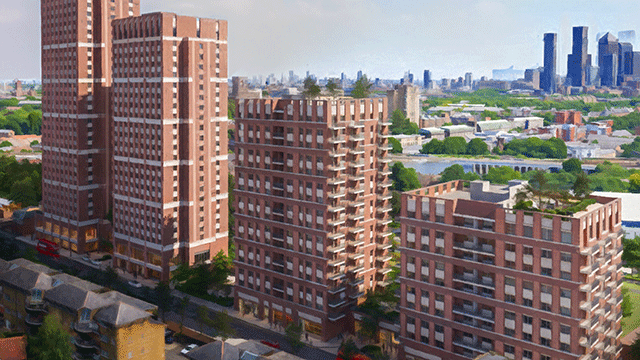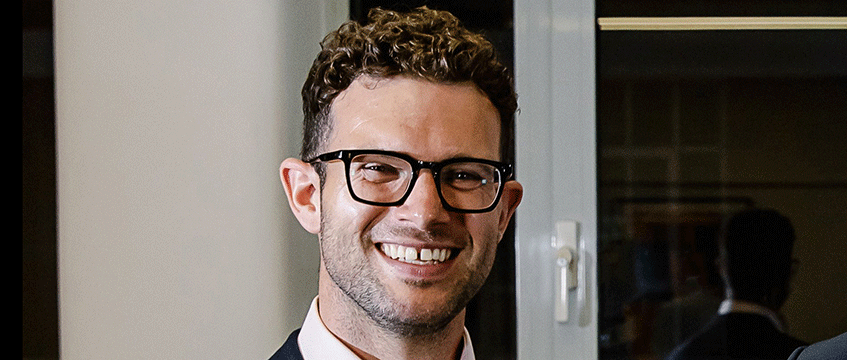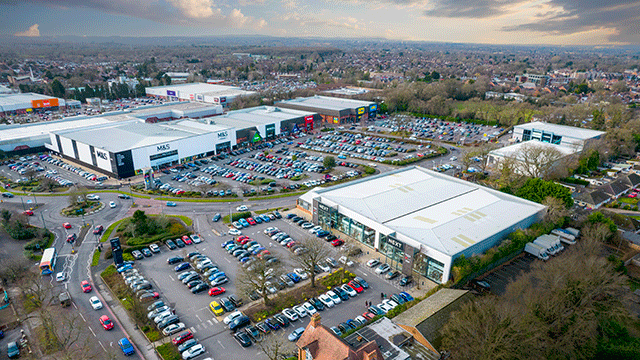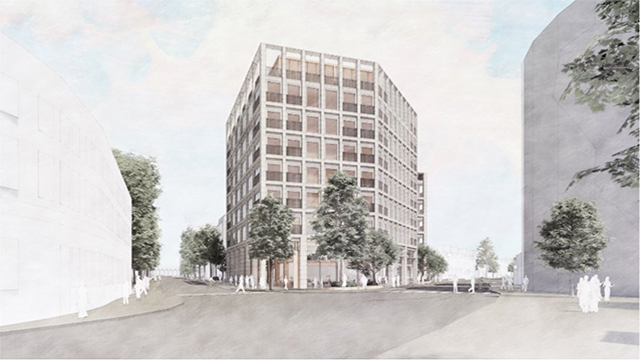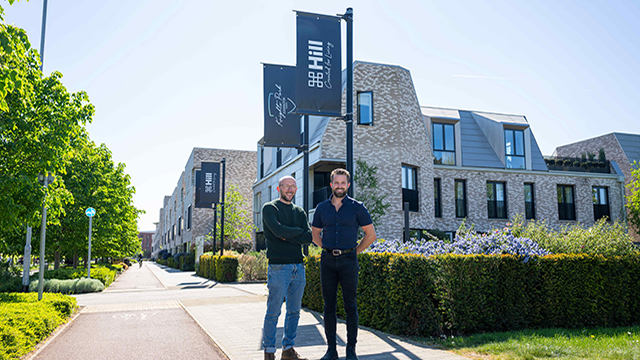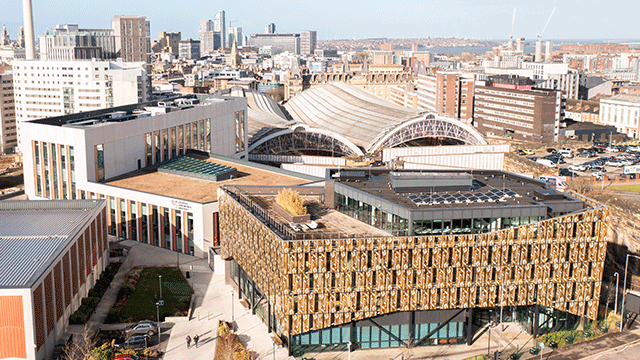COMMENT As my co-founders and I start our new venture, Air Building Consultancy, the search for an ideal office space isn’t just about function – it’s a pledge to uphold the highest environmental standards, aligning with our net zero carbon ambitions. The notion that a new business like ours is prioritising sustainability hints at a broader shift in the market.
The UK’s commercial office sector is grappling with multifaceted challenges – falling real estate values, escalating vacancy rates and evolving patterns around working practices. Issues such as these are then being compounded by impending environmental legislation.
As a result, a two-tier market has emerged. Prime, ESG-led developments are flourishing while secondary assets now face an uncertain future. A recent study from Knight Frank suggested that a staggering 51% of London’s office floor space has an EPC rating below C, which poses a significant challenge for the market given future MEES requirements (EPC of C by 2027 and B by 2030).
Big shift
The current dynamics of the sector reflect a big shift influenced by several key trends.
First, hybrid working. Traditional 9-to-5 structures are giving way to flexible work arrangements, prompting a re-evaluation of spatial requirements on the part of corporate occupiers. The market is witnessing a broader acceptance of agile office designs that cater to the evolving needs of businesses. The market acknowledges the importance of dynamic office spaces that can adapt to evolving project requirements and team dynamics.
Next up, quality. Occupiers are increasingly prioritising quality and amenities over square footage. There is a notable trend towards higher-quality, design-led and meaningful workspaces that have the ambition to attract employees back into the office.
Then we come to sustainability. This is fast becoming a non-negotiable. Businesses, irrespective of size, are aligning themselves with net-zero carbon practices. The commitment to sustainable office spaces is reflective of a broader industry movement towards minimising operational and embodied carbon emissions.
Finally, we can’t forget tech. Offices are transforming into dynamic ecosystems, leveraging advanced technologies such as AI, AR and VR to enhance collaboration, productivity and communication. There is an increased emphasis on tech-enabled workspaces to meet the needs and expectations of their employees.
These trends collectively mirror a paradigm shift in the perception of commercial office spaces. They signify an industry-wide acknowledgment of the evolving needs and preferences of occupiers, shaping a future where offices are not just functional but also dynamic, connected and environmentally conscious spaces.
Opportunities abound
The age of existing office stock, conversion complexities, achieving net zero carbon in heritage assets, skill shortages and economic uncertainties pose significant challenges. However, opportunities abound for those willing to explore the bottom end of the market, embrace value-add initiatives and secure the right specifications.
Examining office sector trends reveals increases in vacancy rates, with forecasts indicating a continuous rise. RICS data underscores the preference for prime, high-spec spaces over older, lower-grade stock. Downsizing and a focus on quality space are evident in occupier plans, emphasising the need for agile, well-connected and environmentally conscious offices.
As a new consultancy with ambitious net zero carbon goals, our journey in securing the perfect office space aligns not just with our immediate needs but with the evolving landscape of the UK commercial office sector. Beyond a mere search for a good location, our quest is centred on finding an exceptional workspace that integrates cutting-edge technology and sustainability, catering to the evolving needs of the modern workforce.
Karl Stansbie is a co-founder at Air Building Consultancy




